Why Won't My Car Start?

Updated January 2019
Just about every vehicle owner dreads the moment when their car, truck or SUV won’t start. What should you do? Who should you call? Can you fix it yourself? Here’s a list with ten common reasons why cars don’t start up and what you can do about it, all backed up by an expert from the Universal Technical Institute.
“The first step is to define the no start” said Joe Spadafora, certified instructor at Universal Technical Institute’s Exton, Pennsylvania campus. Spadafora spent the majority of his career in working in the service department of several dealerships and receiving factory training from GM. He’s certified as a Master Technician and certified by Chrysler as a Dodge Viper technician. He also holds certifications from Subaru, Suzuki, Toyota, Lexus and Scion as well, so if there’s something wrong with your car, chances are he’s seen it before.
SEE ALSO: Top 7 Best Bluetooth OBD2 Scanners
To diagnose the reason your car isn’t starting, you need to pay attention to happening when you turn the key. “Does the engine crank but not actually start or, when you turn the key, does literally nothing happen?” he said. “In a customer’s eyes, the following two options are the same because both create a scenario that results in the vehicle’s failure to run.”
While the two situations might seem similar, they have very different meanings that are important to a mechanic and can signal different problems calling for a variety of solutions.
Get the Flash Player to see this player.
“It’s important to note that a vehicle is an extremely complicated machine and can exhibit similar symptoms for a variety of reasons,” he said. “That is why it’s important to first look at the type of ‘no start’ and then at the list of conditions that could be causing it in the first place.”
If the engine won’t crank and nothing happens:
If you turn over the key and the engine doesn’t crank, that probably means there’s an electrical problem. This can mean a number of things, including faulty sensors. Here are five different ways to narrow down the problem in this situation.
Dead or weak battery:
“A major factor that affects batteries is called parasitic draw or drain,” Spadafora said. “This occurs when your vehicle is shut off but some of the computers are using small amounts of power to maintain learned or stored information.”
Parasitic drain happens naturally and the battery can be recharged via the alternator with some daily driving. But if the car hasn’t been used regularly, the battery can wear down and not have enough juice to start. Excessive parasitic drain can come from things like leaving your headlights on when the vehicle is off. Make sure you turn all of your vehicle’s accessories off before you walk in to your house or your destination, as this is probably the most easily avoidable way to get stranded.
Poor electrical connections at battery terminals:
“Most consumers are familiar with the corrosion that accumulates on the top of a battery by the terminals,” says Spadafora. You might have seen this on older cars that have been used frequently – it sort of looks like sea foam has accumulated around the ‘+’ and ‘-‘ battery terminals. This can affect the connection at the battery terminals. This can be easily cleaned off using water and baking soda, which neutralizes the battery acid.
SEE ALSO: Top 10 Best Car Battery Testers
Spadafora warns that even clean batteries can lose charge over time, so ensure that you keep your car battery up to date.
Park or Clutch Switch is Broken or Misadjusted
Spadafora also mentioned that if you try to start the vehicle and the lights don’t dim or flicker when turning the key, then you most likely have either an ignition switch, park/neutral switch, relay starter or wiring issue on the control side of the starter circuit. Cars need to be in park or the clutch needs to be depressed to start. If the switch isn’t in the right position then the car just won’t start.
SEE ALSO: Top 10 Most Reliable Cars: Consumer Reports
Security System Error
Many car keys today are coded or programmed to work with their car, like a fingerprint that’s unique to both the key and the ignition. However like with any electronics, the programming can get buggy. That confuses the security system and stop you from starting your car.
“With today’s modern security systems, it’s important to check that you have the proper key coded to the vehicle,” said Spadafora. “Even vehicles with smart keys (ones where the key fob can stay in your pocket and you push a start button) can cause issues.” Interference can be an issue, and you should double check the battery in the fob.
Buyers Guide: The 7 Best Car Alarms and Car Security Systems
Defective Starter or solenoid
Spadafora explains the typical no start noises that occur when you try to turn on the car and hear a lot of clicking instead or an engine cranking or turning over. This is caused by the solenoid in the starter engaging and then disengaging rapidly. Of course, these parts can become defective and cause the non-start to occur. Starters last quite a while, but if your vehicle is several years old, it could be time for a new one.
If the engine cranks but won’t turn over:
On the other hand, if the engine cranks but won’t turn over, then there is probably something to be wrong mechanically with your car. Below are are five common reasons why your engine is cranking, but won’t turn over.
Vehicle out of gas
Maybe this seems too obvious, but an engine needs a spark, fuel and compression to turn over. If the gas tank is dry, then the engine may crank, but not get the car started. While this is likely the least expensive issue on this list, it can foreshadow bigger problems down the road. Running your car to empty isn’t good for the fuel pump or fuel filter.
SEE ALSO: 13 Maintenance Tips to Keep Your Car Running Smoothly
Faulty fuel pump or relay
This could be related to the above section: gas kind of acts like a coolant for the fuel pump in the car, so if you run at a low, the pump will suck in some air, which will create heat, causing the fuel pump to wear prematurely. Sometimes a fuel pump will just burn out on its as well.
A fuel pressure gauge will show whether or not the engine is getting the right amount of fuel. Fuel delivery issues are commonly the reason why your vehicle will turn over but not start, so if you’re having problems, ensure that your fuel injectors, fuel pump and other components are working properly.
SEE ALSO: Top 15 Best Fuel Injector Cleaners
Broken Starter (mechanically)
Spadafora also mentioned that solenoids aren’t the only thing that can go wrong with a starter. The gears, bushings and bearings can all go bad out and when they do, it can lead to a non-start situation. It’s fairly easy to tell if this is the problem: if your headlights are bright when the car is off, but dim when you try to turn the car on then you may need to get a new or rebuilt starter. Some starter motors will last the entirety of your vehicle’s lifespan, whereas others may burn out more often. It’s hard to say how long your will last.
No Spark
“With the advent of all of the computer-controlled systems in our vehicles today, common basic maintenance protocols can often be overlooked,” said Spadafora. “It sounds obvious, but keep in mind that an engine won’t start without fuel, spark, compression and timing.”
Basically, without a spark your car won’t start. Your spark plugs, or ignition coil may need replacing before your engine can turn over. Additionally, sparks need to happen at the right time and with enough voltage to start the car. A bad spark plug lets itself known with poor engine performance before it reaches a no-start situation. If you can recall the car running a bit roughly, or being hard to start before the car refused to turn over, then you may be dealing with a spark plug issue or ignition timing issue.
Buyers Guide: The 7 Best Spark Plugs and Everything You Need to Know About Them
Clogged Fuel system or injectors
A no start situation could occur if your fuel system is clogged. That means no fuel is reaching the engine, similar to how a lack of gas would stop your car from starting. A clogged fuel system can occur when dirt or debris get into the fuel lines, something that can happen with a bad fuel filter. The filter in modern cars is found inside the fuel tank and typically doesn’t need to be replaced until well past the 100,000 mile mark. Dirty fuel injectors can also lead to a no-start.
SEE ALSO: Top 15 Best Engine Air Filters

Sami has an unquenchable thirst for car knowledge and has been at AutoGuide for the past six years. He has a degree in journalism and media studies from the University of Guelph-Humber in Toronto and has won multiple journalism awards from the Automotive Journalist Association of Canada. Sami is also on the jury for the World Car Awards.
More by Sami Haj-Assaad



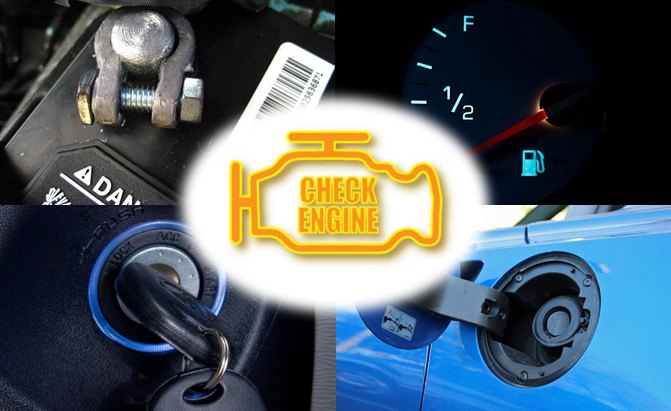




















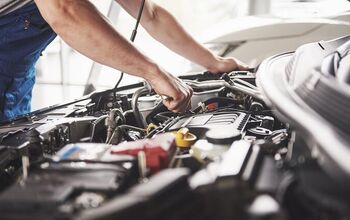

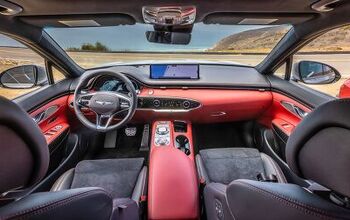
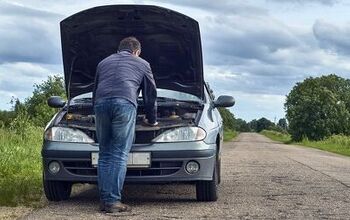

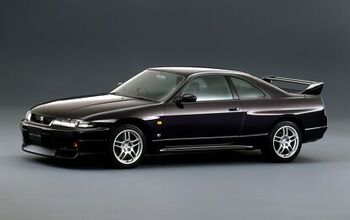
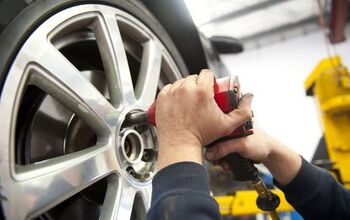
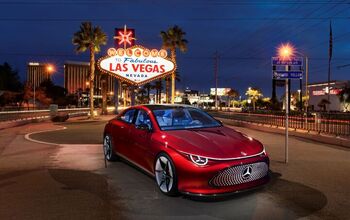
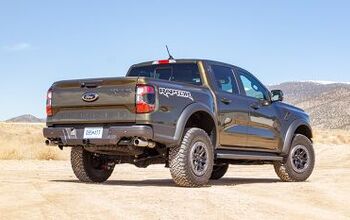
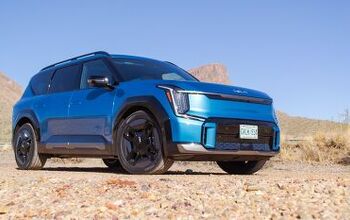
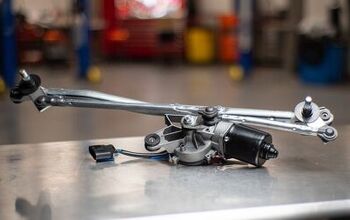

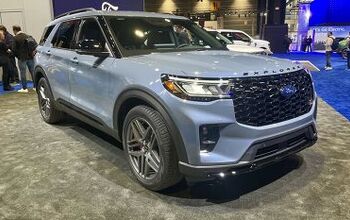
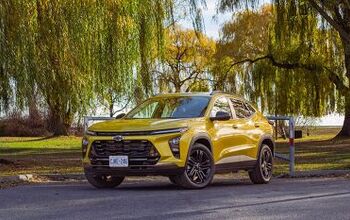
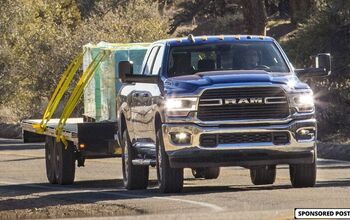

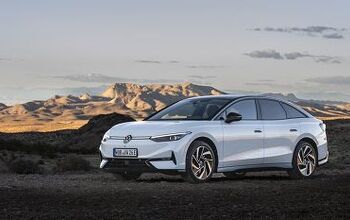
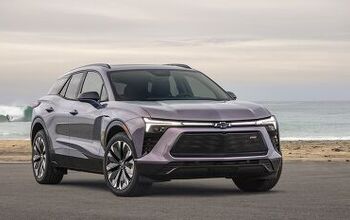
Comments
Join the conversation
Someone please help. My car wont start. There is no clicking and its not the starter. When I go to start the car it just wont turn over. My battery is good and my lights, power windows, and radio all work, the car just wont start. I have been to several mechanics and none of them can find anything wrong with my car. After about an hour of trying, my car finally starts. I am very frustrated as this has been happening on and off for 2 years.
wont turn over cause the clutch wont engage